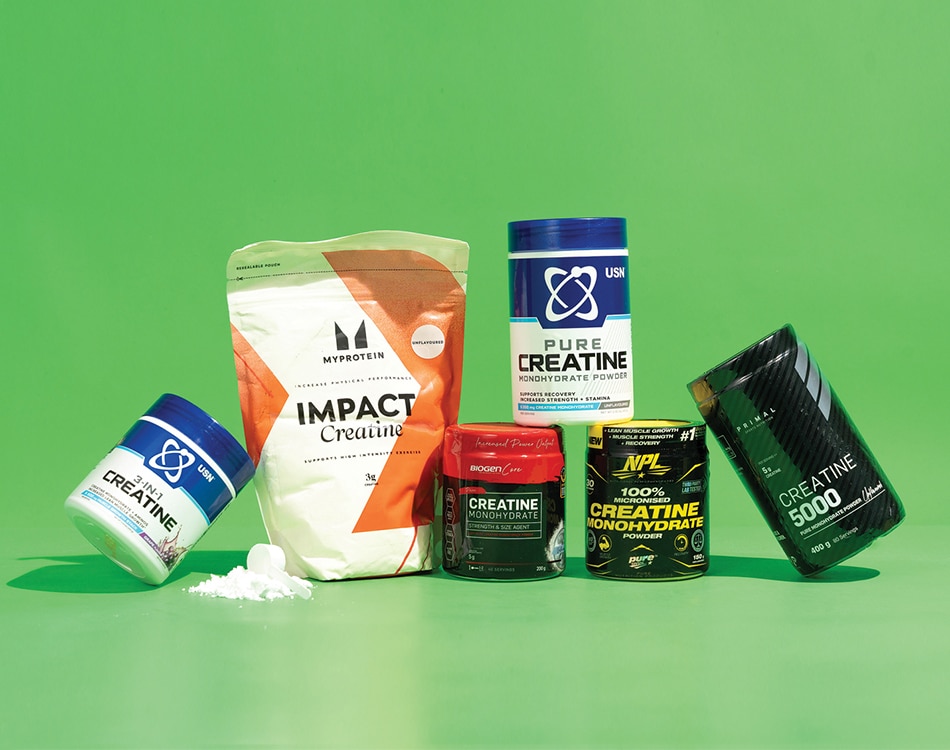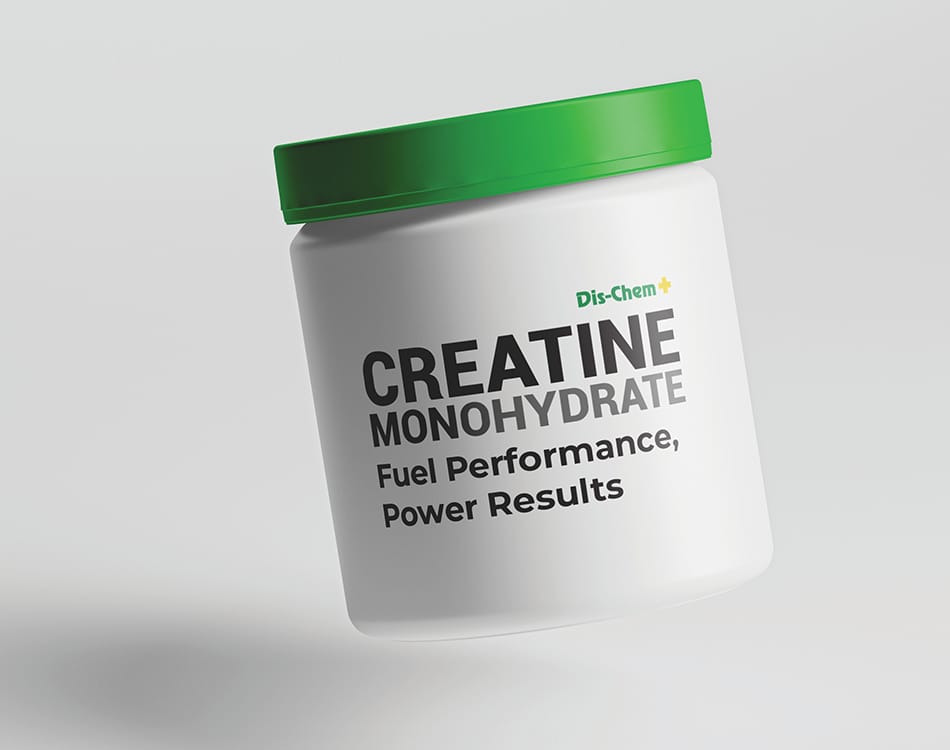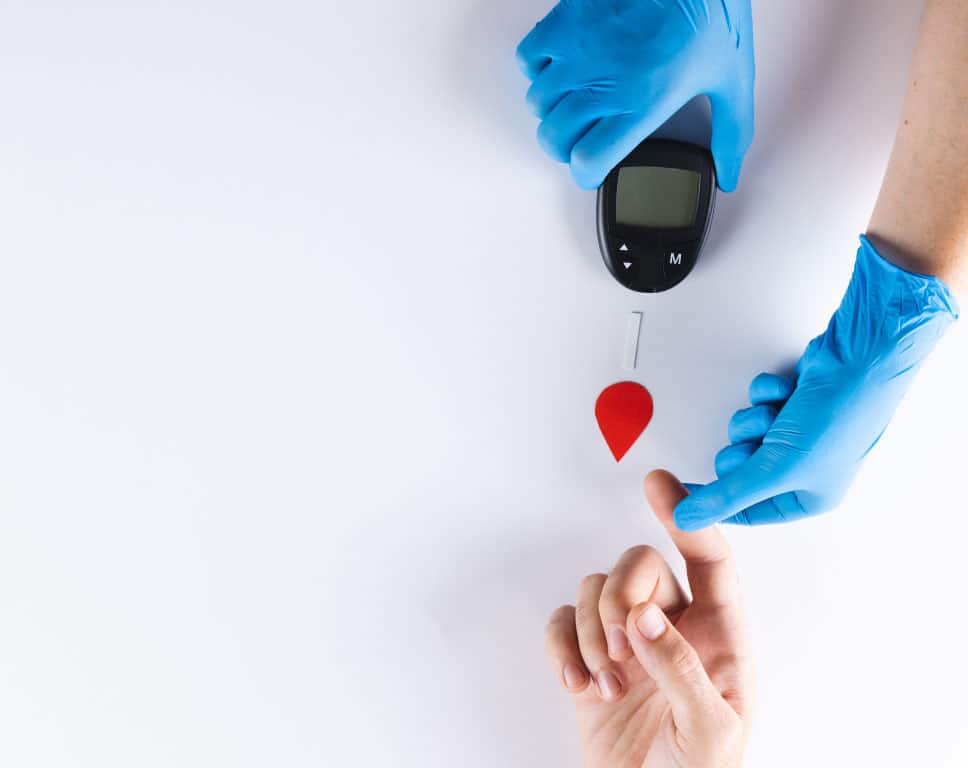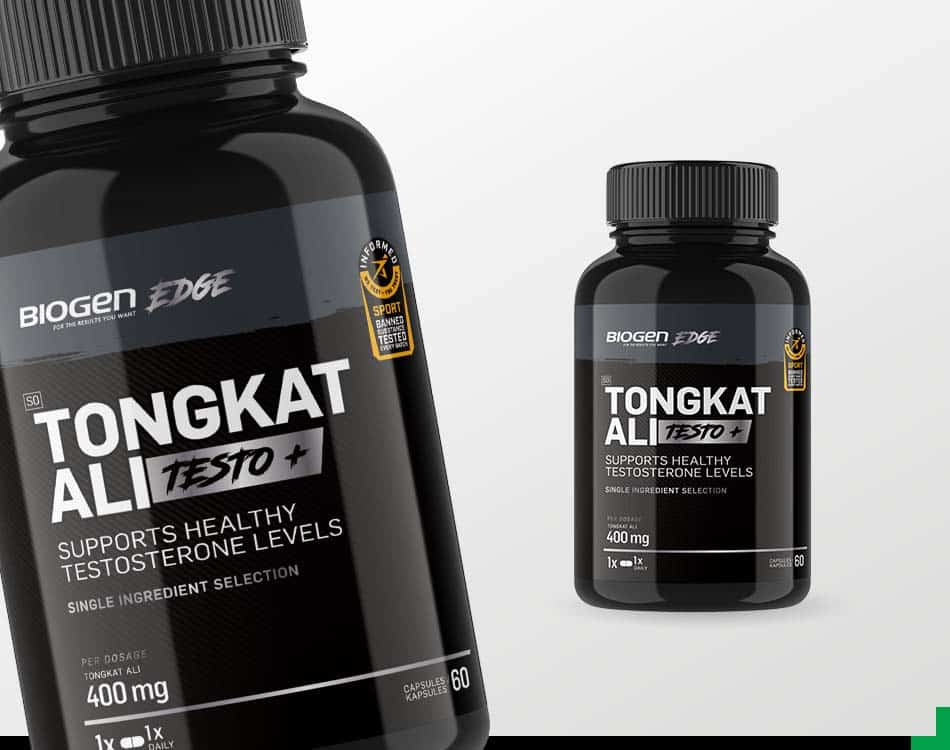Despite how important your heart is to your overall health and quality of life, many people suffer from cardiovascular disease (CVD), with my conditions attributable to lifestyle factors.
Leading risk factors1 for heart disease and stroke are high blood pressure, high low-density lipoprotein (LDL) cholesterol, diabetes, smoking and secondhand smoke exposure, obesity, unhealthy diet, and physical inactivity.
According to the World Health Organization (WHO), CVDs are the leading cause of death globally, taking an estimated 17.9 million lives each year.
CVD affects the heart and blood vessels and includes conditions such as coronary heart disease, various vascular diseases, and other conditions, with four out of five CVD deaths caused by heart attacks and strokes, according to WHO data2.
Given the risks and the important role our heart plays, it is vital that we take steps to strengthen our hearts and support it with a healthy lifestyle.
READ MORE | 5 Facts That Reveal The Link Between Gum Health And Heart Health
Give your heart a workout
A strong and healthy heart is vital for longevity and overall quality of life, especially as you age, because this powerful organ is responsible for circulating blood around your body to nourish your brain, organs and muscles with vital oxygen and nutrients, and transport important biological compounds like hormones and immune cells.
The powerful walls of your heart are made up of cardiac muscle called myocardium, which we can strengthen with exercise to create a stronger, more efficient pump.
When this happens, our heart can push greater volumes of blood around our body with every beat, and requires fewer beats per minute to meet our demands (that’s why your resting heart rate is lower when you are fitter).
In this regard, a study3 led by University of Oxford researchers found that there is no upper threshold to the benefits of exercise in improving your heart health.
Researchers stated that any exercise, no matter how vigorous or for how long, can help to reduce cardiovascular disease risk. This can be as simple as moving more or walking every day, or through more intense and intentional exercise, especially cardiovascular activities such as running, cycling, skipping or swimming as there are the most efficient at improving heart and lung function.
But weight training can benefit your heart and cardiovascular system in various ways as well. In a meta-analysis published in 2022 in the British Journal of Sports Medicine4, the study determined that “muscle-strengthening activities were inversely associated with the risk of all-cause mortality and major non-communicable diseases,” including cardiovascular disease.
READ MORE | Study Suggests More May Be Better For Your Health When It Comes To Exercise
The heart-healthy diet
What you eat also has a significant impact on your heart, and it seems there are various ways to structure your diet to improve cardiovascular health.
In one relevant study5, researchers from the Tel Aviv Sourasky Medical Center in Israel determined that diets high in protein, zinc and vitamin B3, like the Mediterranean Diet, boost heart health, including “better vascular structure and function”.
READ MORE | Stay On Track With Regular Health Checks
Heart health supplements
You can support your health-healthy diet and exercise regimen with a suitable supplement plan. There are various supplements that are linked with better heart and overall cardiovascular health, including:
- Omega-3 essential fatty acids
- Magnesium
- Co-enzyme Q10 (Co-Q10)
- B-vitamins
In a study6 published in the Journal of the American Heart Association, a meta-analysis that reviewed data from over 10 studies, omega‐3 supplements were how to lower the risk for heart attack and death from coronary heart disease.
In terms of CoQ10, a study7 published in Cardiovascular Pharmacology suggests that this substance may have “significant cardiovascular protective effects” that could help prevent cardiovascular disease.
As an essential mineral that is important to the maintenance of good health through its role in energy production and nervous system function, magnesium can benefit your heart in various ways.
With regard to heart health and function, a high magnesium intake is associated with lower risk of major cardiovascular risk factors, including metabolic syndrome, diabetes and hypertension, as well as stroke and total CVD8.
Chelated magnesium and magnesium glycinate are two highly bioavailable forms, which means your body can more efficiently absorb these substances.
B vitamins have various functions in the body, with their role in supporting nervous system function the most important when it comes to optimal heart function. Folic acid in particular has shown benefits in helping to reduce blood pressure.
Study9 findings published in the Journal of the American Dietetic Association found that among those hospitalised for heart failure, 27% had a vitamin B2 (riboflavin) deficiency and 38% had low vitamin B6 (pyridoxine) levels.
References:
- Centres for Disease Control and Prevention (CDC). National Center for Chronic Disease Prevention and Health Promotion (NCCDPHP) Fact Sheet. September 8, 2022.https://www.cdc.gov/chronicdisease/resources/publications/factsheets/heart-disease-stroke.htm#:~:text=Leading%20risk%20factors%20for%20heart,unhealthy%20diet%2C%20and%20physical%20inactivity.
- World Health Organization Cardiovascular diseases (CVDs) Fact Sheet. 11 June 2021. https://www.who.int/news-room/fact-sheets/detail/cardiovascular-diseases-(cvds)
- Ramakrishnan R, Doherty A, Smith-Byrne K, Rahimi K, Bennett D, et al. Accelerometer measured physical activity and the incidence of cardiovascular disease: Evidence from the UK Biobank cohort study. PLOS Medicine. January 2021. 18(9): e1003809. https://doi.org/10.1371/journal.pmed.1003809.
- Momma H, Kawakami R, Honda T, et al. Muscle-strengthening activities are associated with lower risk and mortality in major non-communicable diseases: a systematic review and meta-analysis of cohort studies British Journal of Sports Medicine. 2022;56:755-763.
- A diet rich in protein, zinc and niacin and low in saturated fat makes blood vessels more flexible, Israeli research suggests. Reports and Proceedings. European Association For The Study Of Obesity. https://www.eurekalert.org/news-releases/951428
- U Y, Hu FB, Manson JE. Marine Omega-3 Supplementation and Cardiovascular Disease: An Updated Meta-Analysis of 13 Randomized Controlled Trials Involving 127 477 Participants. J Am Heart Assoc. 2019 Oct;8(19):e013543. doi: 10.1161/JAHA.119.013543. Epub 2019 Sep 30. PMID: 31567003; PMCID: PMC6806028.
- Patrick Tillman, Pollen K. Yeung. Coenzyme Q10 for Cardiovascular Prevention. Cardiol Pharmacol 2013, 3:1 DOI: 10.4172/2329-6607.1000e125
- Rosique-Esteban N, Guasch-Ferré M, Hernández-Alonso P, Salas-Salvadó J. Dietary Magnesium and Cardiovascular Disease: A Review with Emphasis in Epidemiological Studies. Nutrients. 2018 Feb 1;10(2):168. doi: 10.3390/nu10020168. PMID: 29389872; PMCID: PMC5852744.
- Keith, M. E. Walsh, N.A. Et al. B-Vitamin Deficiency in Hospitalized Patients with Heart Failure. Journal of the American Dietetic Association. August 2009. 109(8):1406-10. DOI:10.1016/j.jada.2009.05.011















